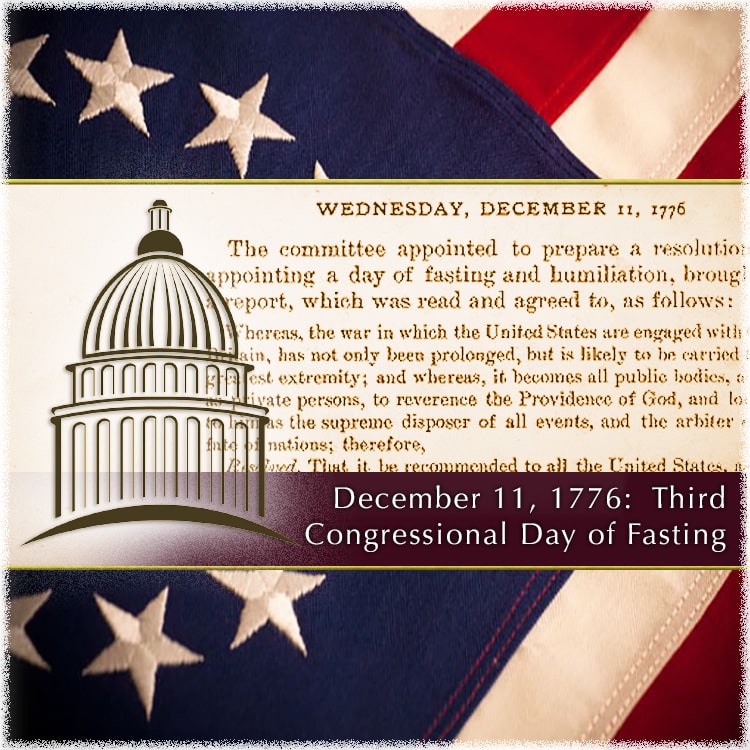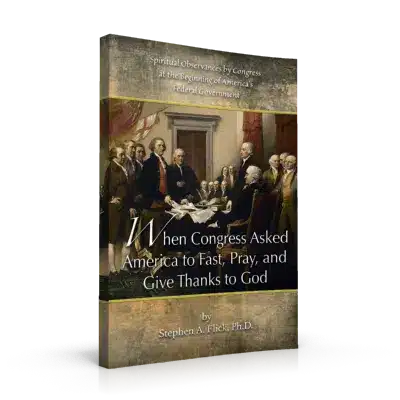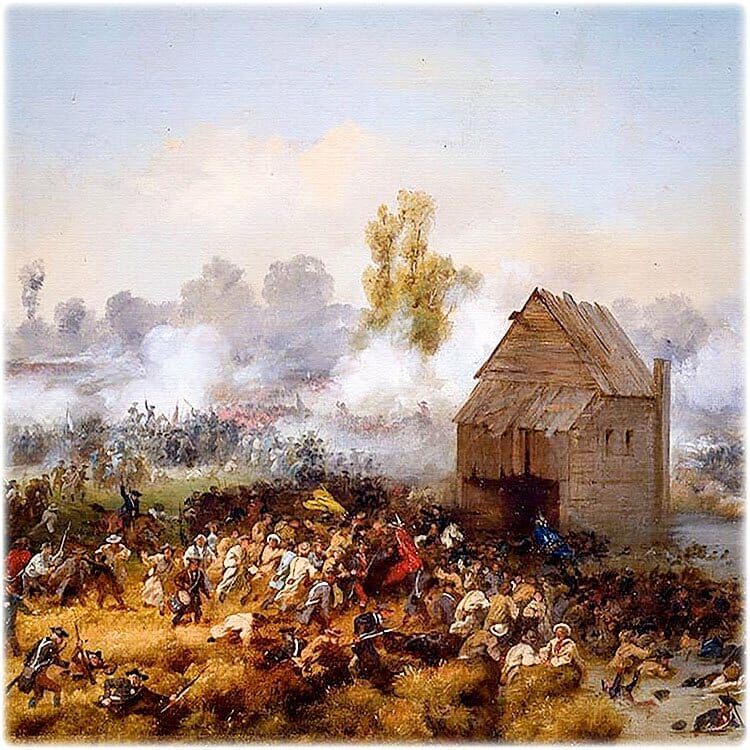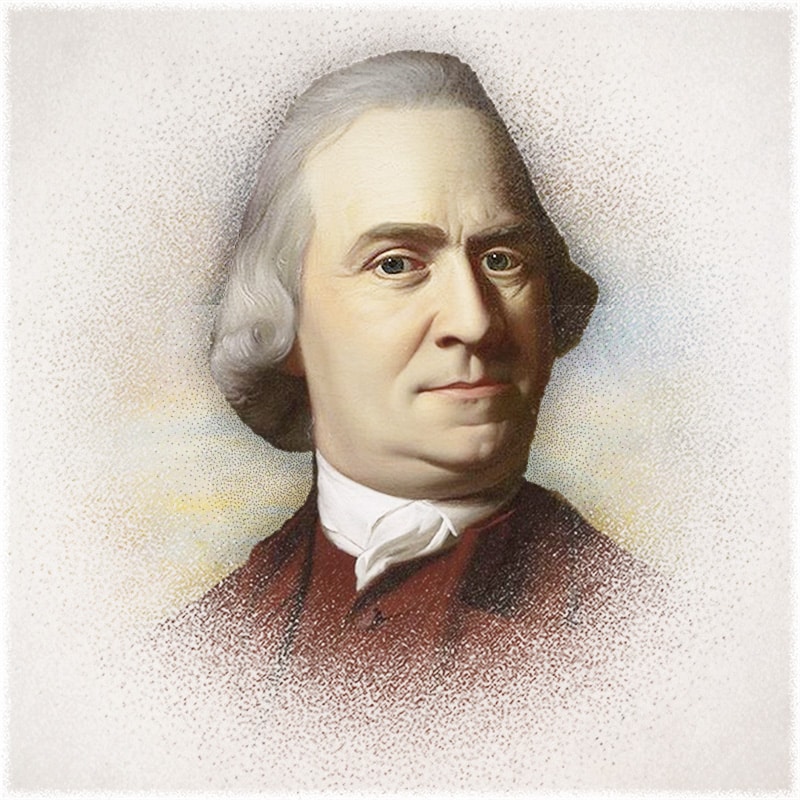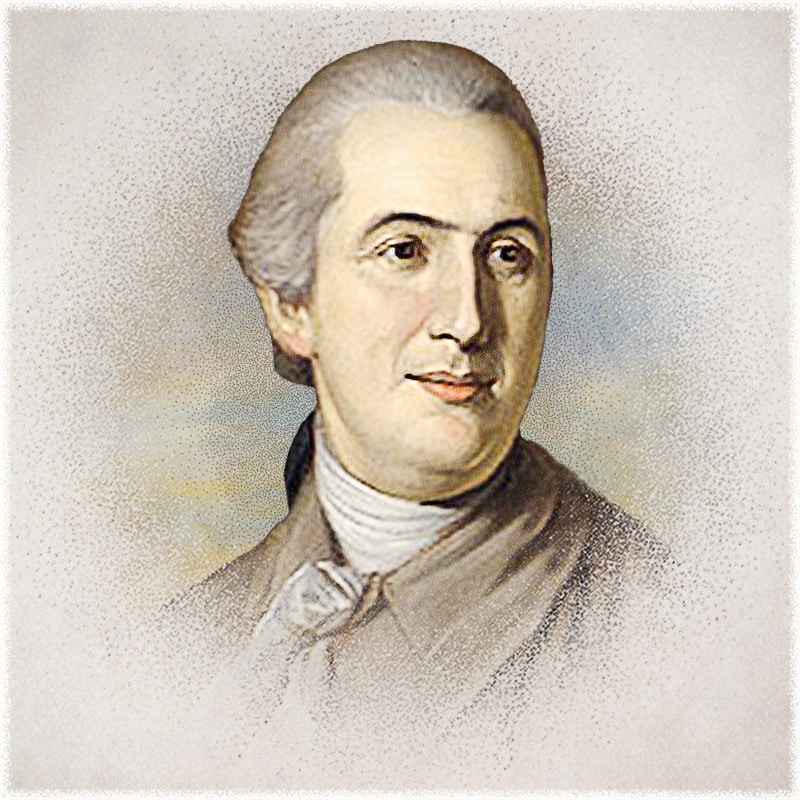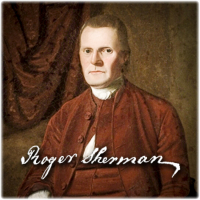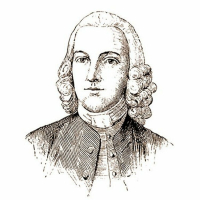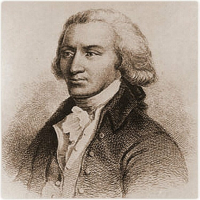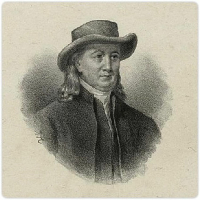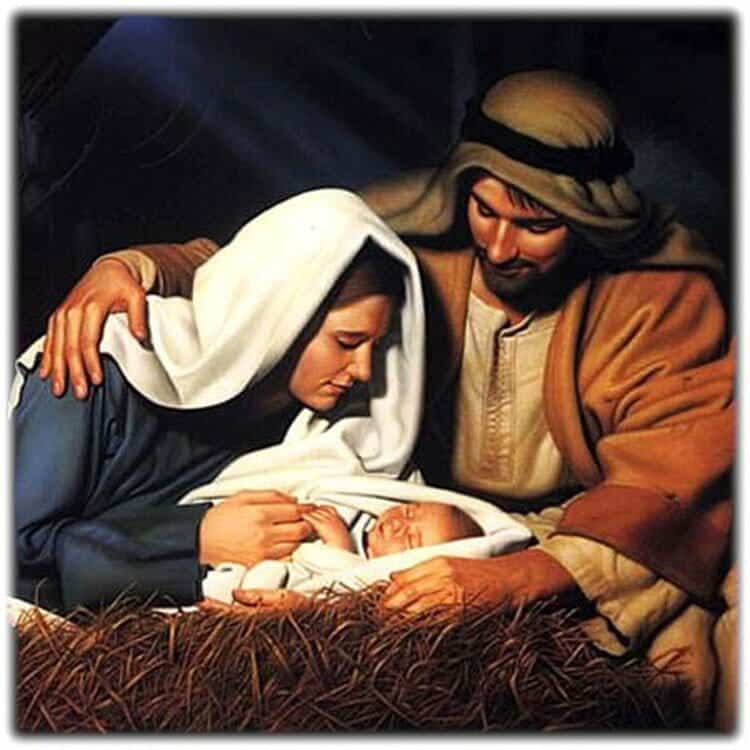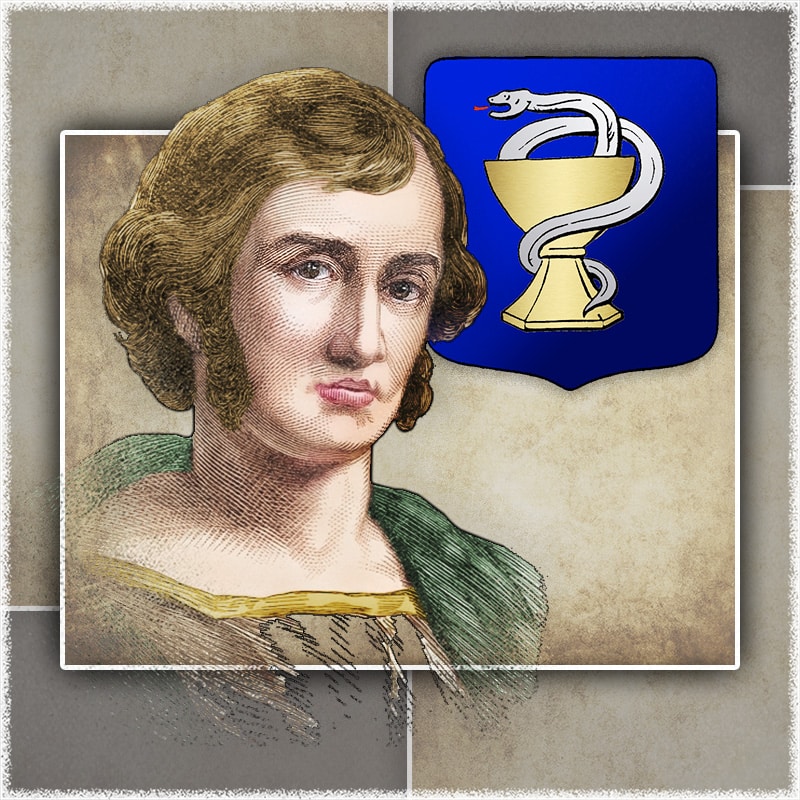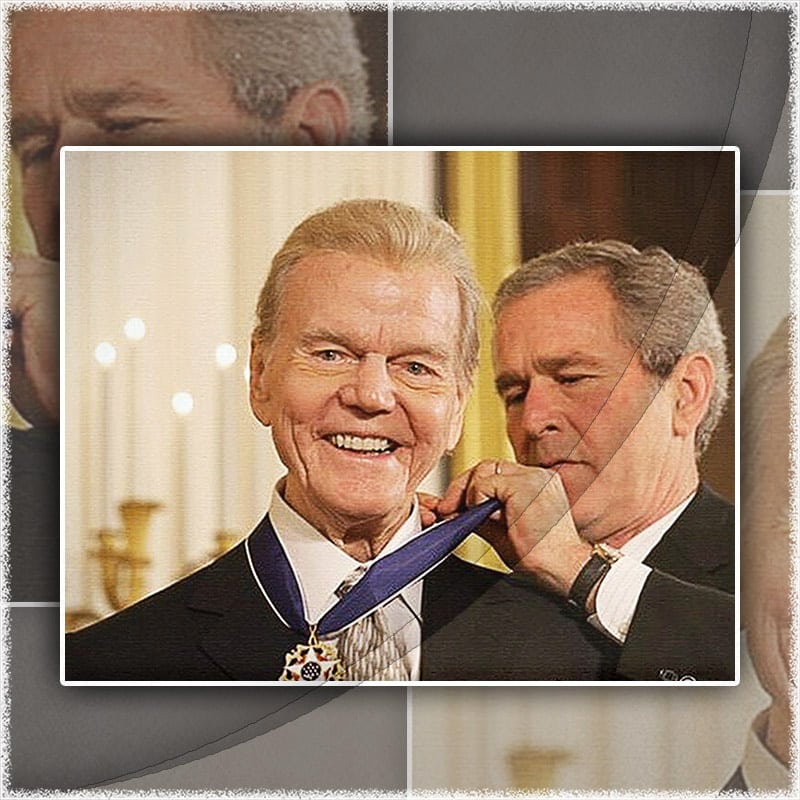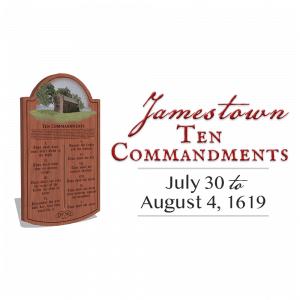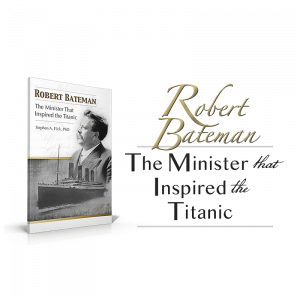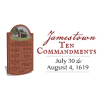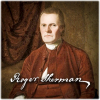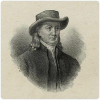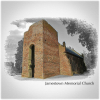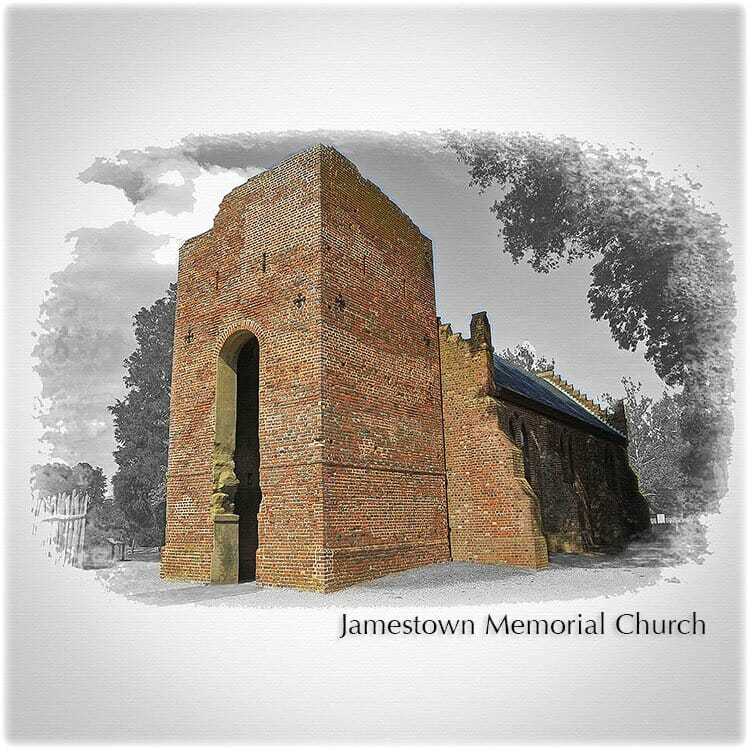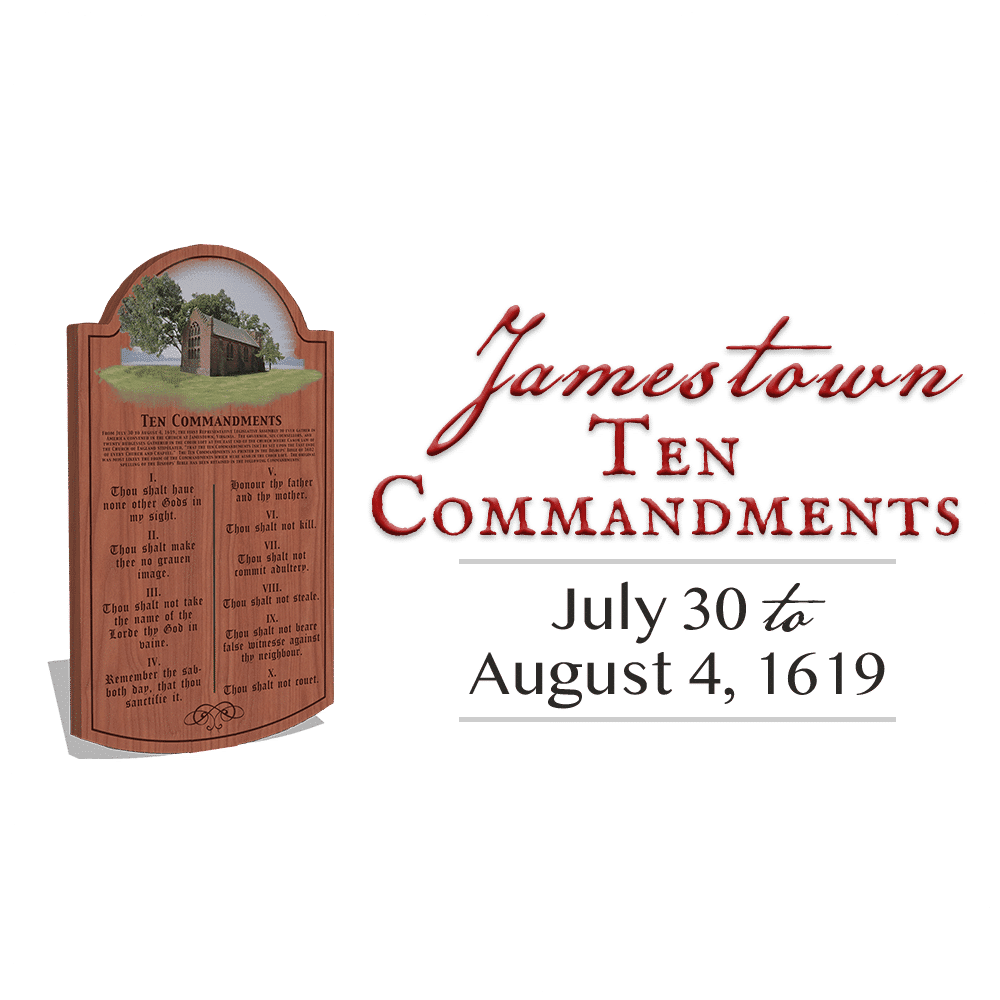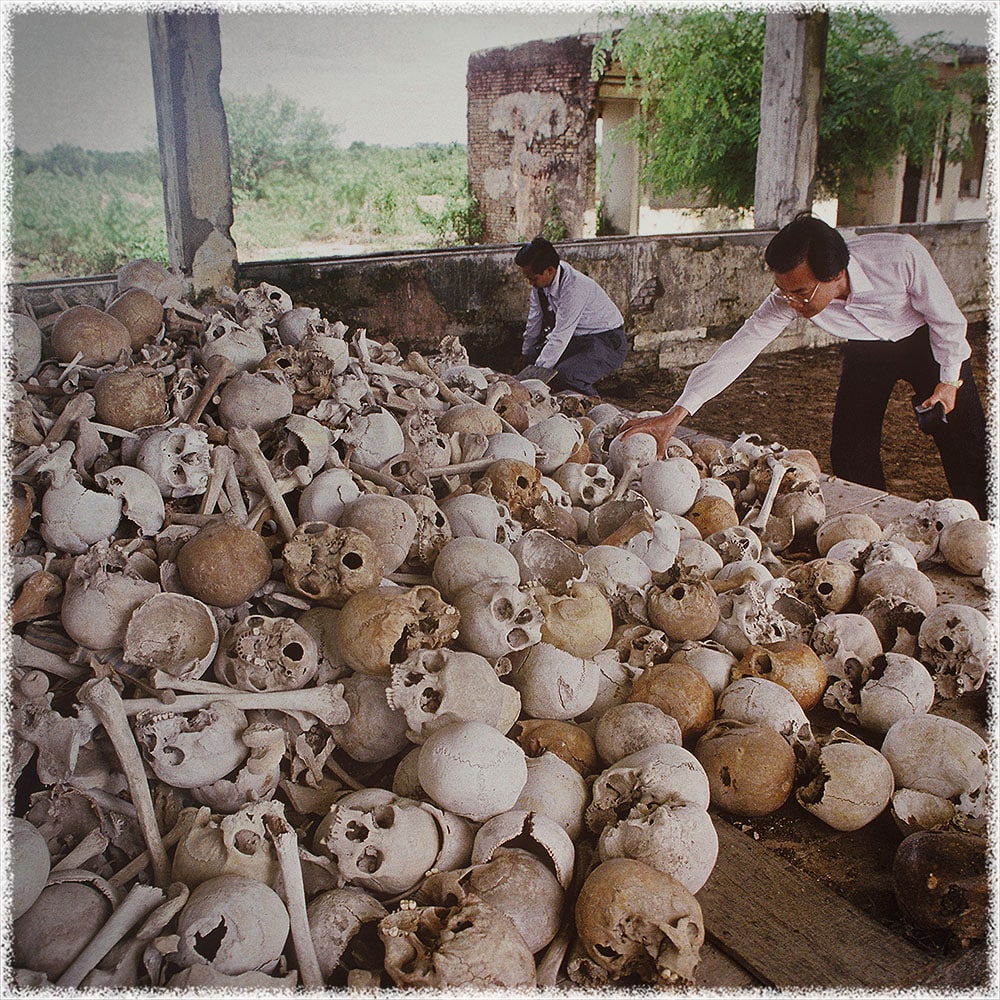By the time John Hancock presided over the third spiritual proclamation of Congress, he had signed the Declaration of Independence (July 4, 1776), severing the political ties of the Thirteen American Colonies with Great Britain. Becoming engaged in the political life of Boston, Hancock came under the influence of Samuel Adams, Father of the American Revolution. Beginning his political rise in the mid-1760s in Boston, Hancock not only served as President of Congress, but also as the first and third Governor of Massachusetts following the reorganization under the state constitution after Congress declared independence. It should also be noted that John Hancock also issued prayer proclamations as Governor of Massachusetts.[1] His first term as president of Congress extended from May 24, 1775 to October 31, 1777.Third Congressional Day of Fasting
The subject addressed in this article is discussed at greater length in When Congress Asked America to Fast, Pray, and Give Thanks. Christian Heritage Fellowship would be honored to work with individuals, businesses, churches, institutions, or organizations to help communicate the truth concerning the positive influence of the Christian faith by providing bulk pricing: Please contact us here... To purchase a limited quantity of this publication, please click: Purchase here...
Article ContentsFirst Congressional Prayer and Fasting ProclamationThird Congressional Day of Fasting
The Battle of Long Island (also known as the Battle of Brooklyn and the Battle of Brooklyn Heights), fought on August 27, 1776, was the first major battle of the American Revolutionary War after the signing of the Declaration of Independence. Loss of this battle characterized the efforts of Americans throughout the end of 1776. Nearly two weeks after the Battle of Long Island (on September 11), a meeting was convened in Staten Island, New York between three members of Congress (including John Adams, Benjamin Franklin, and Edward Rutledge) and Admiral Lord Richard Howe, commander of British naval forces. This three-hour meeting, known as the Staten Island Peace Conference, met with failure when Lord Howe demanded the retraction of the Declaration of Independence, which had been signed only two months earlier.
As 1776 entered its closing months, the American cause of liberty appeared increasingly bleak. Having won the Battle of Long Island, the British consolidated their forces around New York City throughout the remainder of the War, and it was New York City that was the last hold of the British to be evacuated at the end of the War. From here, General Howe dispatched General Lord Cornwallis in pursuit of Washington and his army. Moving to the west, the British captured Fort Washington on the east bank of the Hudson, taking 2,838 prisoners. Of these, only 800 survived until a prisoner exchange the following year due to deliberate starvation, disease, and exposure to the bitter cold winter. Just across the Hudson on the west bank stood Fort Lee. From here, General Washington and Nathanael Greene had watched the capture of Fort Washington. Alerted that British troops began landing the night of November 19-20 to capture Fort Lee, Washington and Greene quickly ordered the evacuation of American troops on the morning of November 20, 1776. To add to the desperate American situation, Newport, Rhode Island fell to the British without opposition on December 8. The day after Newport fell, a request for a spiritual proclamation was set before Congress.
Committee Composes the Proclamation
Late in 1776, Congress selected three of its most adamant supporters of American independence to write a "fasting, humiliation, and prayer" proclamation to be observed by the states. Because of the British threat to Congress, little time elapsed between the charge given to the committee and the sanction it received from Congress as a whole. The Journals of Congress recorded the selection of the three-man committee:
MONDAY, DECEMBER 9, 1776
Resolved, That a committee of three be appointed to prepare an address to the inhabitants of America, and a recommendation to the several states, to appoint a day of fasting, humiliation, and prayer: The members, Mr. [John]Witherspoon, Mr. R[ichard]H[enry]Lee, and Mr. [Samuel]Adams.[2]
Fearing an attack by the British on Philadelphia where Congress was meeting, representatives to Congress adjourned on December 12. They fled to Baltimore, Maryland where they met at the Henry Fite House from December 20, 1776 to February 27, 1777. The day before they adjourned, they passed the following proclamation, realizing their need was great:
WEDNESDAY, DECEMBER 11, 1776
The committee appointed to prepare a resolution for appointing a day of fasting and humiliation, brought in a report, which was read and agreed to, as follows:
Whereas, the war in which the United States are engaged with Great Britain, has not only been prolonged, but is likely to be carried to the greatest extremity; and whereas, it becomes all public bodies, as well as private persons, to reverence the Providence of God, and look up to him as the supreme disposer of all events, and the arbiter of the fate of nations; therefore,
Resolved, That it be recommended to all the United States, as soon as possible, to appoint a day of solemn fasting and humiliation; to implore of Almighty God the forgiveness of the many sins prevailing among all ranks, and to beg the countenance and assistance of his Providence in the prosecution of the present just and necessary war.
The Congress do also, in the most earnest manner, recommend to all the members of the United States, and particularly the officers civil and military under them, the exercise of repentance and reformation; and further, require of them the strict observation of the articles of war, and particularly, that part of the said articles, which forbids profane swearing, and all immorality, of which all such officers are desired to take notice.
It is left to each state to issue out proclamations fixing the days that appear most proper within their several bounds.
Ordered, That the above be published by the committee who brought in the report.[3]
Many of the spiritual proclamations of Congress were issued with specific dates to be observed, but on this occasion the urgency of the hour expressed itself to the states through the plea, "…as soon as possible, to appoint a day of solemn fasting and humiliation..." Who can doubt that by the events that soon followed but what the Lord heard those prayers?
Less than two weeks later, General Washington—who had been in flight from the British and their Hessian allies—turned to meet the enemy. Many Americans recognize the image of George Washington standing in an open boat as oarsmen struggle to make way through a pack of ice. This 1851 oil-on-canvas painting by the German American artist, Emanuel Gottlieb Leutze, commemorates the crossing of the Delaware by General Washington and the main body of the American Continental Army during the night of December 25-26, 1776, landing just north of Trenton, New Jersey. Because the river was icy and the weather treacherous, the crossing of the Delaware proved dangerous, reducing the number under Washington’s command for the assault to 2,400. Having crossed the Delaware, the army marched nine miles south to Trenton, surprising the Hessian garrison. Nearly two-thirds of the 1,500-man garrison was captured; their leader, Colonel Johann Gottlieb Rahl, paying with his life for his dereliction. Having suffered several defeats prior to the Battle of Trenton in New York, Washington had been forced to retreat through New Jersey to his winter encampment at Valley Forge, Pennsylvania. A week earlier, the American army appeared on the verge of collapse, but the Battle of Trenton and the few days that followed breathed hope into the American cause. One more important anecdote concerning the religious life of America's Founding Fathers should be noted, as it transpired on a few days after this momentous event.
Only a few years after its first observance in America by the Methodists, the watch-night service[4] intersected with an important moment in American history. On December 31, 1776–only a few days after Washington’s victory at Trenton–a watch-night service was again held at Old St. George Church, Philadelphia. In attendance was Robert Morris, a Philadelphia banker and merchant, who was known as “the financier of the American Revolution.” Not far from Philadelphia, General George Washington and his American troops were in winter encampment at Valley Forge, enduring extreme privation of food, clothing, shelter, and other necessary means to support the army. General Washington sent word to Robert Morris of the army’s grave condition and pleaded for his assistance in raising $50,000. Receiving the request from General Washington, Morris set out long before daybreak for the homes of his friends, rousing them from their beds to request urgent contributions. Morris told his friends that he had just come from a watch-night service at St. George’s Methodist Church where “prayers were being offered that God would open up the hearts of the people to furnish the money they needed to pay the troops at Valley Forge that the Army might be saved.”[5]
The prayers of those in attendance at the watch-night service at St. George Methodist Church on December 31, 1776 were heard and answered, and the necessary funds were raised. The following morning, January 1, 1777, Robert Morris sent the desperately needed cash to General Washington and his troops. Such were the men and women who helped birth the American Republic.
America deserves to know its true heritage.
Please contribute today!
[1] See Faith and the Founders of the American Republic, ed. Mark David Hall and Daniel L. Dreisbach (Oxford: Oxford Univ. Press, 2014), 228-251.
[2] Journals of the Continental Congress, 6:1014.
[3] Journals of the Continental Congress, 6:1022.
[4] Stephen Flick, "Watch-Night Service: From Ale-House to Revolution," Christian Heritage Fellowship, September 14, 2017; https://christianheritagefellowship.com/watch-night-from-ale-house-to-revolution/.
[5] Noland B. Harmon, Encyclopedia of World Methodism, s.v. "Watch-Night."

